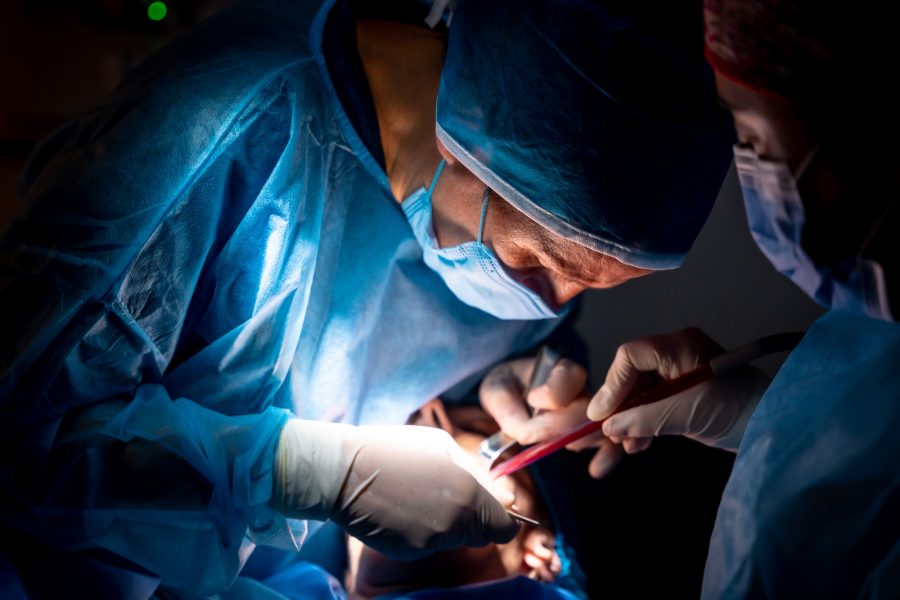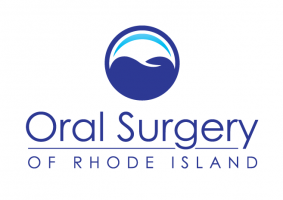Frequently Asked Questions about Oral Surgery
People see an oral surgeon for a variety of reasons, including:
- To remove impacted teeth. Impacted teeth are teeth that have not fully erupted through the gums and can cause pain, infection, or other problems.
- To perform tooth extractions. Oral surgeons are experts in tooth extraction, and they can remove teeth that are decayed, damaged, or impacted.
- To place dental implants. Dental implants are a type of tooth replacement that can be placed by an oral surgeon. They are a permanent solution for missing teeth and can help to improve a person’s smile and bite.
- To treat oral cancer. Oral cancer is a serious disease, but it is often treatable if it is caught early. Oral surgeons are experts in the diagnosis and treatment of oral cancer.
- To correct jaw deformities. Some people are born with or develop jaw deformities that can cause problems with chewing, speaking, or appearance. Oral surgeons can perform surgery to correct these deformities and improve a person’s quality of life.
In addition to these common reasons, people may also see an oral surgeon for other procedures, such as:
- Treatment of temporomandibular joint (TMJ) disorders. TMJ disorders are a group of conditions that affect the jaw joint. Oral surgeons can diagnose and treat TMJ disorders.
- Repair of facial fractures. Facial fractures can be caused by accidents, sports injuries, or other trauma. Oral surgeons can repair facial fractures to restore a person’s appearance and function.
- Treatment of oral infections. Oral surgeons can treat deep-seated infections in the mouth, such as abscesses.
If you are experiencing any of the problems listed above, you should see an oral surgeon for a consultation. They will be able to assess your needs and recommend the best course of treatment.
An oral surgery consultation is a meeting between you and an oral surgeon to discuss your oral health needs and to determine if oral surgery is the best course of treatment for you. During the consultation, the oral surgeon will:
- Review your medical history. This includes any medications you are taking, any allergies you have, and any previous surgeries you have had.
- Perform a physical examination of your mouth and teeth. This will include looking at your teeth, gums, and jaw to assess your overall oral health.
- Discuss your treatment options. The oral surgeon will discuss the different types of oral surgery that can be performed, as well as the risks and benefits of each procedure.
- Answer your questions. You should feel free to ask the oral surgeon any questions you have about oral surgery, your treatment options, or your recovery.
After the consultation, the oral surgeon will give you a treatment plan and will schedule your surgery if necessary.
Here are some additional things to expect during an oral surgery consultation:
- The oral surgeon may take X-rays or CT scans of your teeth and jaw. This will help the surgeon to better understand your anatomy and to plan your surgery.
- The oral surgeon may ask you to sign a consent form. This form will outline the risks and benefits of the procedure, as well as your responsibilities before, during, and after the surgery.
- The oral surgeon will give you instructions on how to prepare for your surgery. This may include instructions on what to eat and drink before the surgery, as well as what medications you should take or avoid.
It is important to come to the consultation prepared to discuss your oral health needs and to ask questions. The more information you have, the more confident you will feel about making a decision about oral surgery.
Emergency dental care is available here when you need it, working alongside our partners at Cranston Dental Associates. Depending on your urgent needs, our teams schedule patients as soon as possible, sometimes for the same day. Please don’t hesitate to call our office or Cranston Dental Associates if something comes up. We respond to emergency calls as quickly as we can.
There are many reasons why people choose to get sedation dentistry. Some of the most common reasons include:
- Dental anxiety. Many people have a fear of going to the dentist, and sedation dentistry can help to reduce or eliminate this anxiety.
- Pain sensitivity. Some people have a low tolerance for pain, and sedation dentistry can help to make dental procedures more comfortable.
- Long or complex procedures. If you are having a long or complex dental procedure, sedation dentistry can help you to stay relaxed and comfortable throughout the procedure.
- Medical conditions. Some people have medical conditions that make it difficult to tolerate dental procedures without sedation.
- Special needs. Children and people with special needs may also benefit from sedation dentistry.
Sedation dentistry can be a safe and effective way to make dental procedures more comfortable and less stressful. If you are considering sedation dentistry, talk to your dentist about the different options available and the risks and benefits of each option.
Here are some of the different types of sedation dentistry:
- Oral conscious sedation: This is the most common type of sedation dentistry. It involves taking a medication that makes you feel relaxed and sleepy, but you will still be awake and aware of what is happening.
- IV sedation: This type of sedation involves receiving medication through an IV line. It is a more powerful form of sedation than oral conscious sedation, and you will be more deeply relaxed.
- General anesthesia: This is the most powerful form of sedation. It involves receiving medication that puts you to sleep completely.
The type of sedation dentistry that is right for you will depend on your individual needs and preferences. Talk to your dentist about the different options available and choose the one that is best for you.
We offer wisdom teeth extraction, as well as other tooth extractions, in our oral surgery office in Rhode Island. Wisdom teeth extraction is a surgical procedure to remove one or more wisdom teeth. Wisdom teeth are the four molars that are located at the back of the mouth. They usually erupt between the ages of 17 and 25. However, in some cases, wisdom teeth may not erupt fully or may be impacted. Impacted wisdom teeth can cause pain, infection, or other problems.
During wisdom teeth extraction, your oral surgeon will numb the area around the wisdom teeth with a local anesthetic. If you are having IV sedation or general anesthesia, you will be asleep during the procedure. The oral surgeon will then make an incision in the gum tissue to expose the wisdom teeth. If the wisdom teeth are impacted, the oral surgeon may need to break them into smaller pieces to remove them. Once the wisdom teeth are removed, the oral surgeon will stitch the incision closed.
The entire procedure usually takes about 30-60 minutes. After the procedure, you will rest in a recovery room. You may experience some pain and bleeding, but this is usually mild and can be managed with pain medication. You will also be given instructions on how to care for your mouth after the procedure.
Most people can go home the same day as their wisdom teeth extraction. However, you may need to take a few days off from work or school to rest and recover. You should avoid strenuous activity and smoking for at least a week after the procedure.
X-rays (radiographs) are an essential component in your diagnostic process. Without them, certain dental conditions and issues can and will be missed. X-rays detect much more than you’d think!
Dental X-rays are necessary for oral surgery. They can help the oral surgeon to see the following:
- The position of the wisdom teeth and other teeth in the mouth.
- The health of the teeth and gums.
- Any bone abnormalities or other problems.
This information can help the oral surgeon to plan the surgery and to ensure that it is done safely and effectively. In some cases, the oral surgeon may also use CT scans or other imaging tests.
If you are considering oral surgery, your oral surgeon will likely recommend that you have dental X-rays before the procedure. This will help to ensure that the surgery is done safely and effectively.

